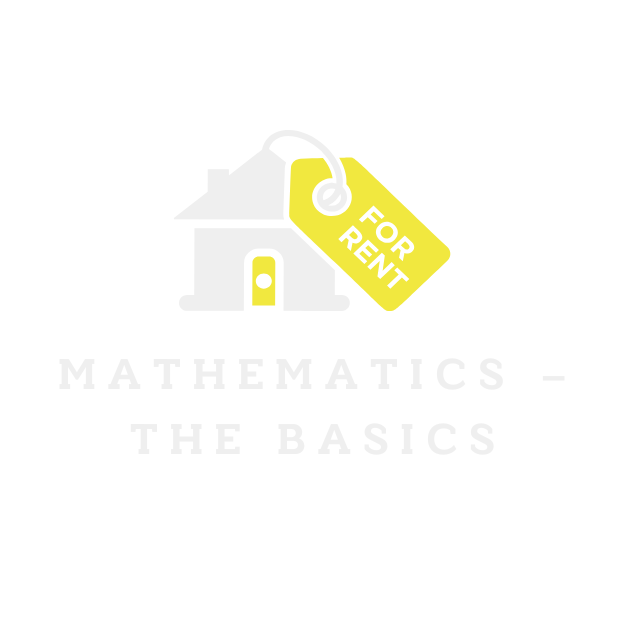Thinking about buying a condo? It’s a great investment, but before you dive into the world of open houses and mortgage calculators, let’s talk about the elephant in the room: down payments. They can feel like a mountain to climb, especially when you’re dreaming of that chic rooftop view. But don’t worry, it’s not all doom and gloom.
Understanding down payment requirements can turn that mountain into a molehill. Whether it’s your first condo or an upgrade, knowing what to expect can save you from sleepless nights and budgetary surprises. So grab a cup of coffee and let’s break down the essentials. After all, who wouldn’t want to know how to snag that slice of urban paradise with the least amount of financial stress?
Table of Contents
ToggleOverview of Down Payment Requirements for Condos
Down payment requirements for condominiums vary significantly based on several factors. Lenders typically request a down payment ranging from 3% to 20% of the purchase price. Certain loan programs, such as FHA loans, can allow lower down payments, sometimes as little as 3.5%.
Condo type influences down payment demand. Conventional loans often require 5% to 20% while lenders might enforce stricter rules for non-warrantable condos. Non-warrantable condos are those that don’t meet specific lending guidelines, often requiring larger down payments of 20% or more.
Mortgage insurance commonly applies to loans with down payments under 20%. This policy protects lenders in case of default. Buyer’s cost increases with lower down payments due to added insurance premiums.
Credit scores play a crucial role in determining down payment requirements. Higher credit scores can lead to better loan terms, including lower down payment expectations. Conversely, lower credit scores may necessitate larger down payments to secure financing.
It’s important to consider additional costs associated with condo purchases. Closing costs and property taxes can significantly impact overall financial planning. Buyers should factor these components into their budget when assessing affordability.
Understanding these requirements proves essential for potential buyers. Knowing what lenders expect can streamline the purchasing process and enhance decision-making. Consulting with a mortgage professional helps clarify individual requirements and options available in the market.
Factors Affecting Down Payment Requirements

Understanding the factors that influence down payment requirements is crucial for potential condo buyers. Variables like credit scores and loan types significantly affect the percentage required.
Credit Score Considerations
Credit scores play a key role in determining down payment amounts. Higher scores generally lead to favorable terms, which may lower down payment requirements. Buyers with scores of 740 or above often qualify for better rates. Those with scores between 620 and 740 may face an increased percentage, impacting the overall affordability of the condo. Analyzing credit history before applying can provide clarity on potential down payment needs.
Loan Types and Their Impact
Different loan types affect down payment obligations. FHA loans typically permit down payments as low as 3.5%, making them attractive for first-time buyers. Conversely, conventional loans often range from 5% to 20%. Non-warrantable condos require higher down payments, often exceeding 20%. Understanding these distinctions helps buyers select the most suitable financing options. Evaluating personal financial situations against loan requirements also aids in planning effectively.
Typical Down Payment Percentages
Understanding down payment percentages for condos helps buyers set expectations and plan budgets. Condominiums often have varied requirements based on the type of loan.
Conventional Loans
Conventional loans typically require down payments ranging from 5% to 20% of the purchase price. Those putting down 20% can avoid mortgage insurance, which reduces monthly payments. Lower down payments, around 5% to 10%, may still be available, but they often involve private mortgage insurance (PMI). Buyers with excellent credit scores of 740 or higher typically receive the most favorable terms with lower required percentages. Those with scores below 740 might face increased down payment demands.
FHA Loans
FHA loans provide an accessible option for many buyers, with down payments starting at just 3.5%. This approach allows first-time buyers to enter the market with a lower financial barrier. Credit scores influence the down payment amount; scores of 580 and above qualify for the 3.5% down payment. However, buyers with scores between 500 and 579 may need a 10% down payment. FHA loans also require mortgage insurance regardless of the down payment percentage, impacting overall costs. Buyers appreciating these benefits must weigh their long-term financial commitments.
Additional Costs to Consider
Several expenses accompany the down payment when purchasing a condo. Buyers often overlook these costs, which can impact their overall budget.
Closing Costs
Closing costs typically range from 2% to 5% of the property’s purchase price. These costs include fees for appraisals, title insurance, and attorney services. Lenders commonly require these expenses to be covered at the final stages of the buying process. Buyers must prepare for costs such as origination fees and prepaid taxes. Additionally, loan processing fees may arise, depending on the lender. Understanding these costs ensures buyers don’t encounter surprises during closing.
Homeowners Association Fees
Homeowners Association fees vary widely and can significantly affect monthly budgets. These fees often cover maintenance, amenities, and communal utilities. Monthly assessments may range from $200 to over $1,000, depending on the condo’s location and facilities. Some associations also have reserve fund contributions, which can impact the overall fee amount. Buyers should always review the association’s financial health and recent assessments. Evaluating these fees helps potential buyers understand ongoing financial commitments after closing.
Navigating down payment requirements for condos can be complex but understanding the specifics makes it easier. Buyers should consider their credit scores and the type of loan they choose as these factors significantly influence down payment amounts. While lower down payments may seem appealing they often come with additional costs like mortgage insurance.
It’s crucial for potential buyers to account for other expenses such as closing costs and HOA fees when budgeting for their new home. By being informed and prepared buyers can make confident decisions that align with their financial goals. Consulting a mortgage professional can provide tailored advice ensuring a smoother purchasing process.


